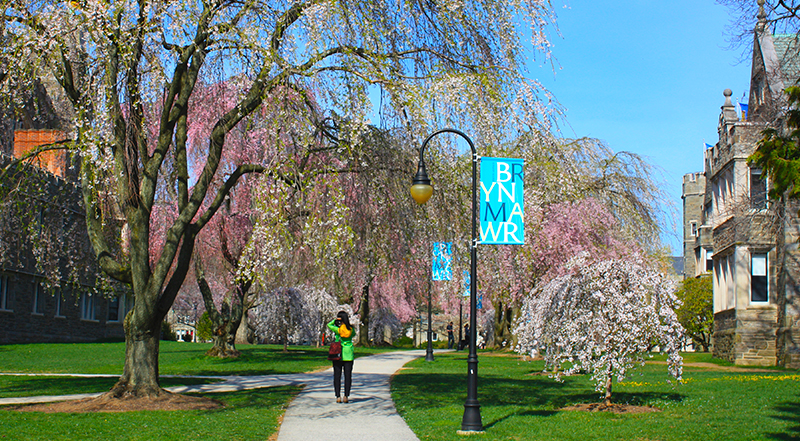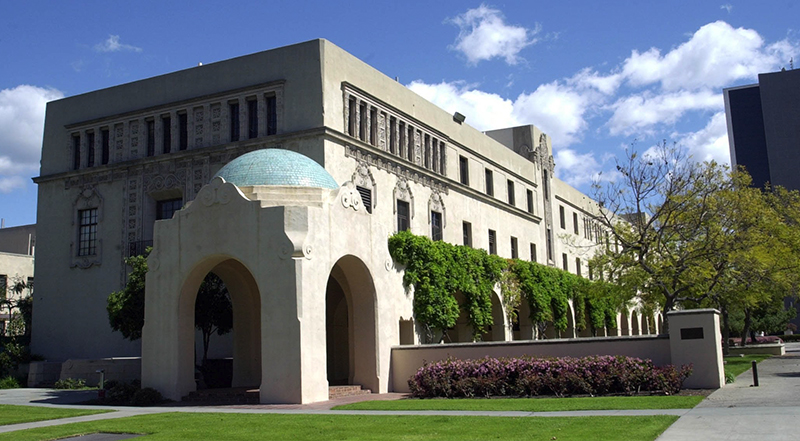
By Elizabeth LaScala, PhD
Many schools are compared to Harvard, among them the University of California-Berkeley (UC-Berkeley), fondly known as “Cal.” The first institution of the University of California system, UC-Berkeley was founded in 1868, and hence its nickname is clearly tied to this education milestone in the Golden State’s history.
Since its founding, Cal has nurtured its faculty, students and alumni to scholarly achievements comparable to Ivy League and other highly selective universities. Here is the short list of laudatory successes: 23 graduates who became Nobel Laureates; 2nd only to MIT in its production of Sloan Research Fellows; 785 graduates have received National Science Foundation fellowships since 2015, and UC-Berkeley has historically topped the list of NSF Fellows in the country. If you are a chemistry enthusiast, you may know that eight elements of the Periodic Table, including Berkelium, were discovered at Cal. If you are a physics aficionado, Cal is the home of the world’s first cyclotron.
Students admitted to UC-Berkeley have grades and test scores comparable to those needed to qualify for admission to exceptionally selective private universities. The average unweighted GPA was 3.9 among admitted freshmen and only 18 percent of the students who sought to join the freshman class in 2021 were offered admission. Notably, Cal, along with the rest of the UC system became test blind in Fall 2021, and no longer uses test scores in the admission process.
Those who can get into UC-Berkeley usually stay. About 97% of freshmen return for their sophomore year, a retention rate like other extremely selective colleges. Students typically graduate within four years, although the 76% 4-year graduation rate receives a boost from California’s community college transfer students who enter as juniors. Within six years, just over 90 percent of those students earn their undergraduate degree.
Remarkably, all of Cal’s academic departments are considered world-class, but the most popular majors include social sciences, biological and biomedical sciences, engineering and language studies. And students who declare one of the less favored majors will likely enjoy a more personalized experience than those who declare one of the most popular ones—a fact of life in most public and even some private colleges nationwide.
UC-Berkeley expects all students to choose an undergraduate division when they apply. But unlike most other large public universities, Cal does not allow freshmen to enroll directly into their topnotch Haas School of Business. Those interested in business are advised to check undeclared—pre-business administration as their major. The undergraduate program is a general business degree with concentrations (accounting, business communication, finance, marketing and organizational behavior) instead of majors.
Hustle and bustle characterize the UC-Berkeley campus community and adds to its unique culture. Student tables in open-air Sproul Plaza, near the east end of campus, Sather Gate, are a long-standing tradition. Students gather there to encourage civic engagement and political activism. The campus life is legendary with more than a half-century of commitment to free speech. There are over 1,200 recognized student groups, including clubs and organizations built around many cultural, political, and social perspectives. The neighborhood immediately surrounding campus off Telegraph Avenue has an “urban-bohemian” feel. Many shops and restaurants lean towards the entrepreneurial and are largely student oriented. Mass transit into San Francisco and Oakland is plentiful and affordable.
UC-Berkeley’s career center is excellent with more resources than most diligent students would ever have time to use. Of special interest note that there are more than 20 internship and career fairs on campus as well as Spring Break Employer Trips and Externships. Over 900 employers participated in the job and internship fairs held last year. This is one of the few universities that hosts internship fairs during the fall and the spring. That said, a student must reach out to use the plentiful resources available and there is no one holding your hand at Cal.
Cal is not for everyone, regardless of academic achievement. The students who do thrive do not need handholding, and have the ability to survive large and even jumbo-sized classes as freshmen and sophomores. Also, students with a serious, focused and scholarly approach to academics, including well-honed study and time management skills are among those who are most likely to find academic and social success at Cal.



